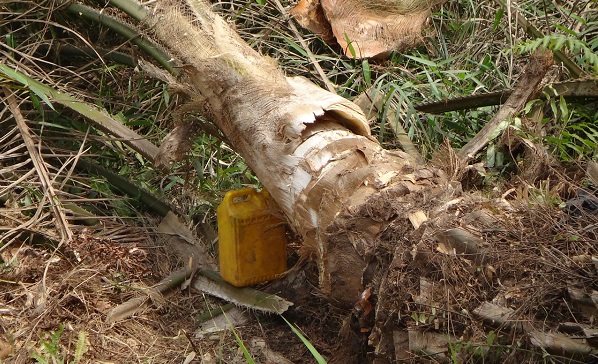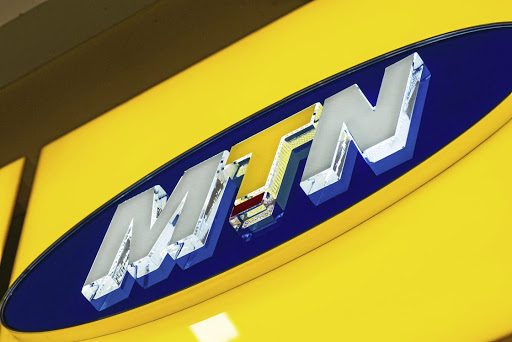Prof Frimpong Boateng – Drinking palm wine poses health risk
- Posted on
- Comment
The Minister of Science, Technology, Environment, and Innovation, Prof. Kwabena Frimpong Boateng, has cautioned those who drink palm wine of a possible health risk because most tappers use pesticide to process the drink.
He said the effect could be dire if the menace was not immediately checked and could lead to all kinds of cancers in the near future.
Prof. Frimpong Boateng gave the warning at the 3rd National Policy Summit in Kumasi last Tuesday.
The two-day summit brought together stakeholders from all fronts to discuss the health situation of the economy and its prospects.
He said the use of pesticide by the palm wine tappers may not be deliberate but could be an act of ignorance which called for immediate education on its ramifications.
The heart surgeon said the use of pesticide in preserving food items, including ‘Koobi’ and tiger nuts, were rife and called for national intervention.
He called for the ban on the use of weedicide because it did not only destroy the weeds but also the fertility of the soil. He said the over-reliance on weedicide had triggered the increased use of fertilizer because the nutrients in the soil had been destroyed.
Speaking on the topic: ‘Ghana’s development: the role of the environment, science and technology’, the minister said the government had instituted the national science and technology policy to drive the activities of all sectors of the economy.
He hinted that there was a presidential advisory council to educate the President on all science and technology-related matters.
Prof. Frimpong Boateng announced that the ministry was working on producing Ghana’s first electronic car soon.
Also, he said the ministry was working closely with the Kwame Nkrumah University of Science and Technology (KNUST) to produce the country’s brake fluids and other auto products in line with Ghana’s industrialization transformational agenda.
He stressed the need for our educational system to be biased towards science and technology, else Ghana would be left behind.
The minister said it was a shame that the country was still importing all kinds of products which could easily be produced here in Ghana.











 (Selorm) |
(Selorm) |  (Nana Kwesi)
(Nana Kwesi)